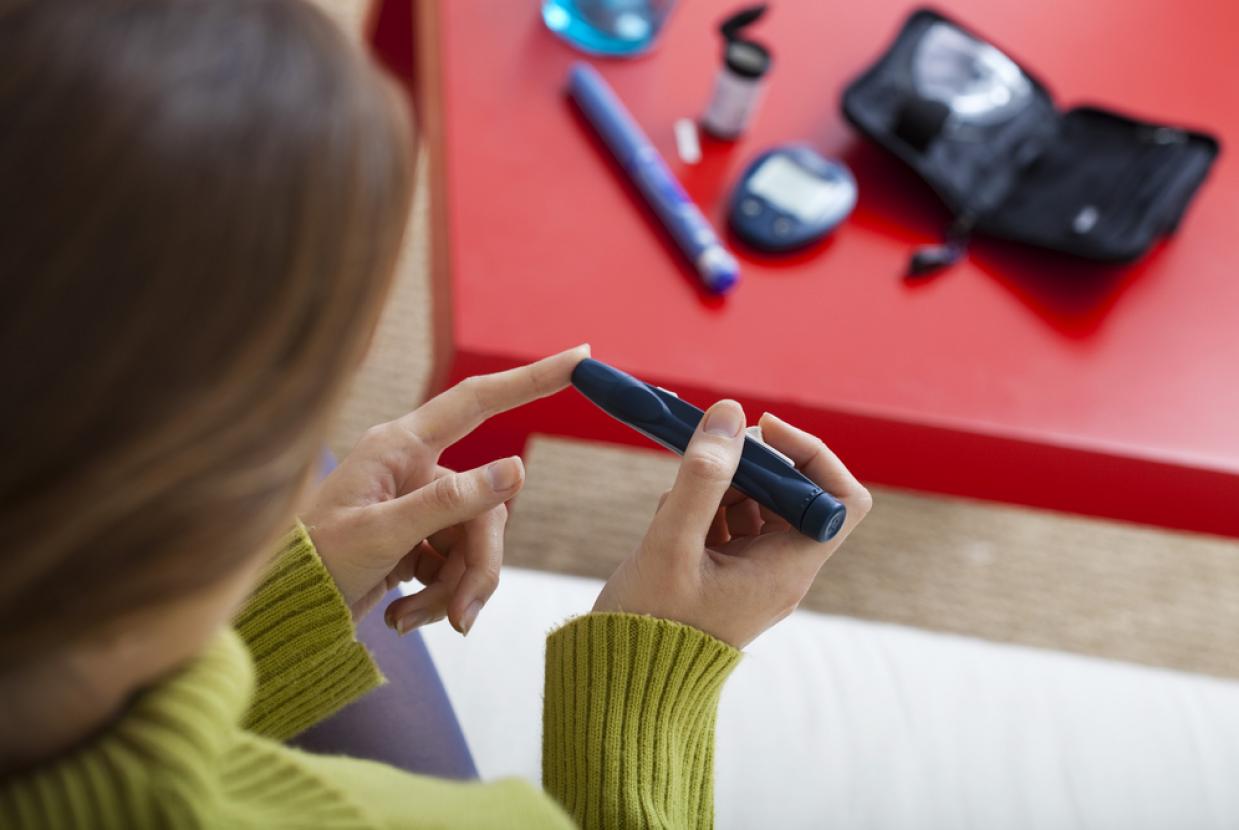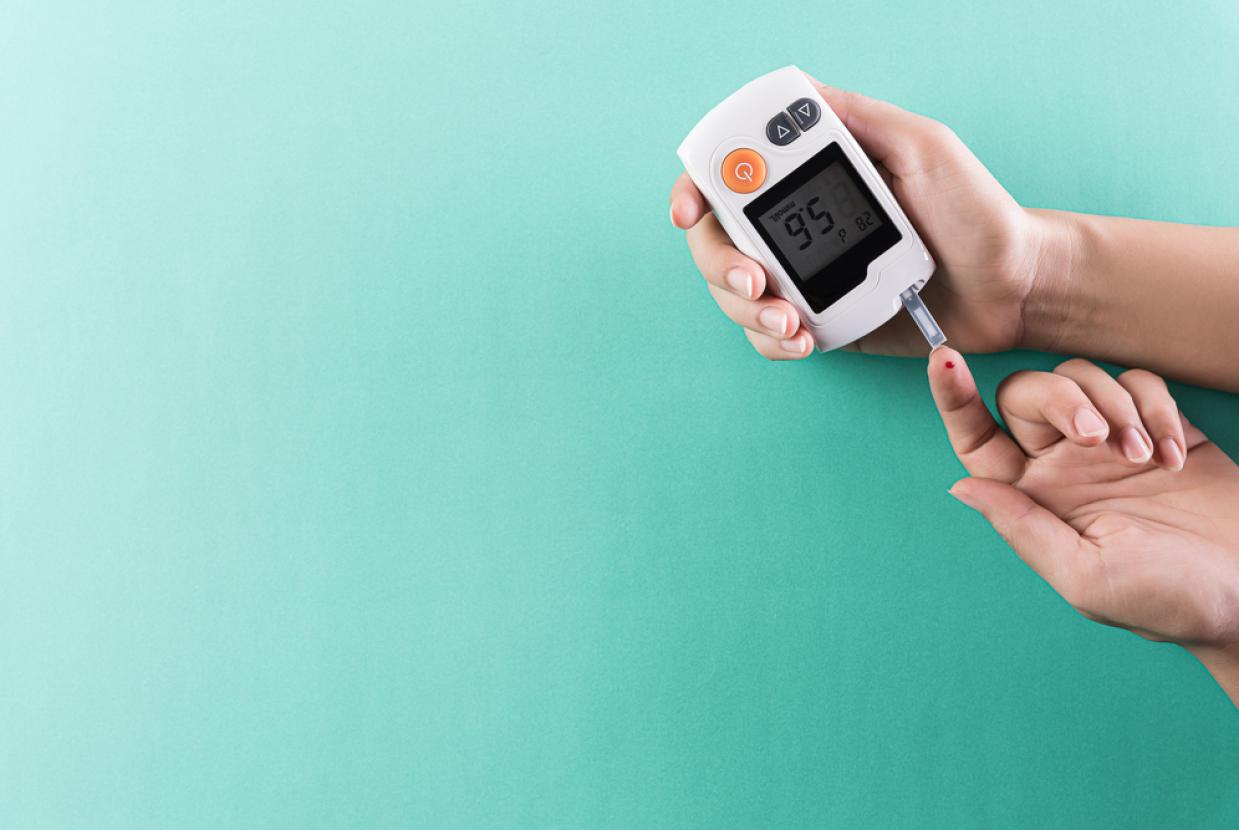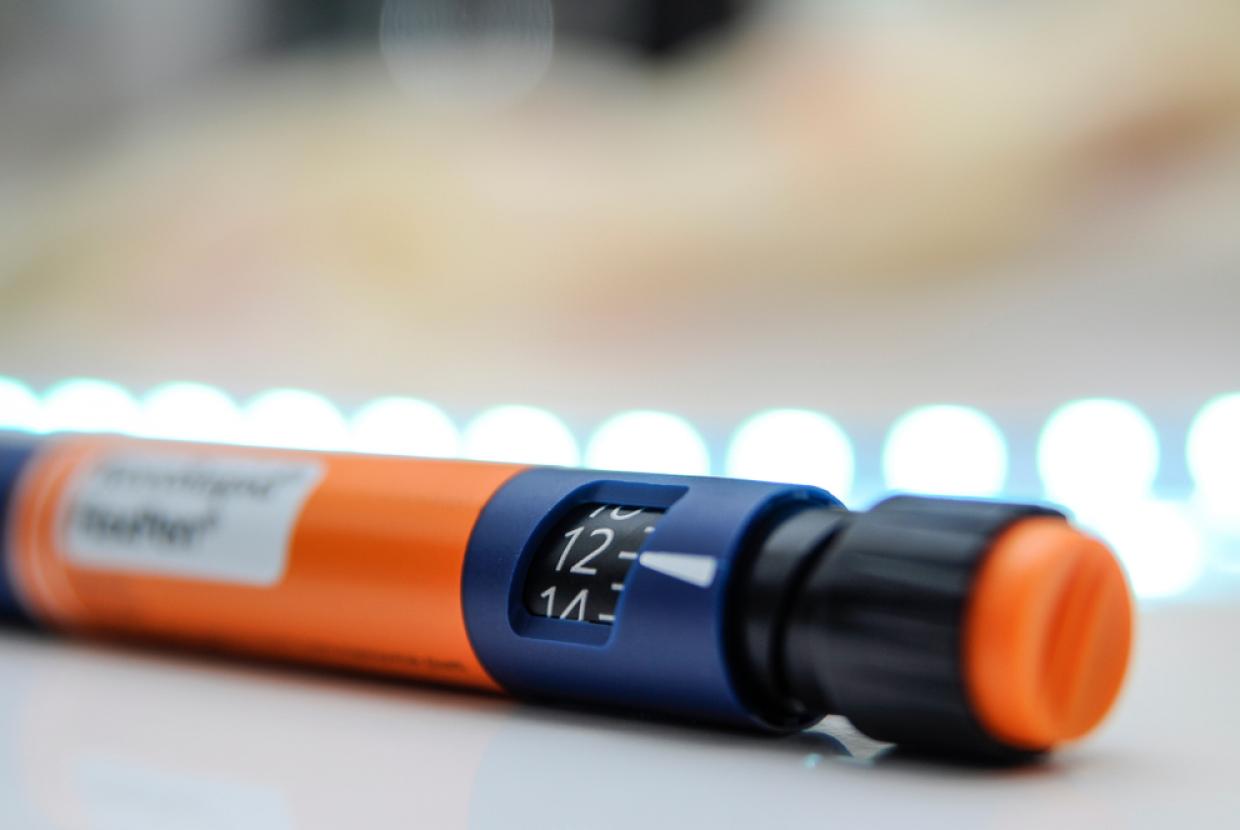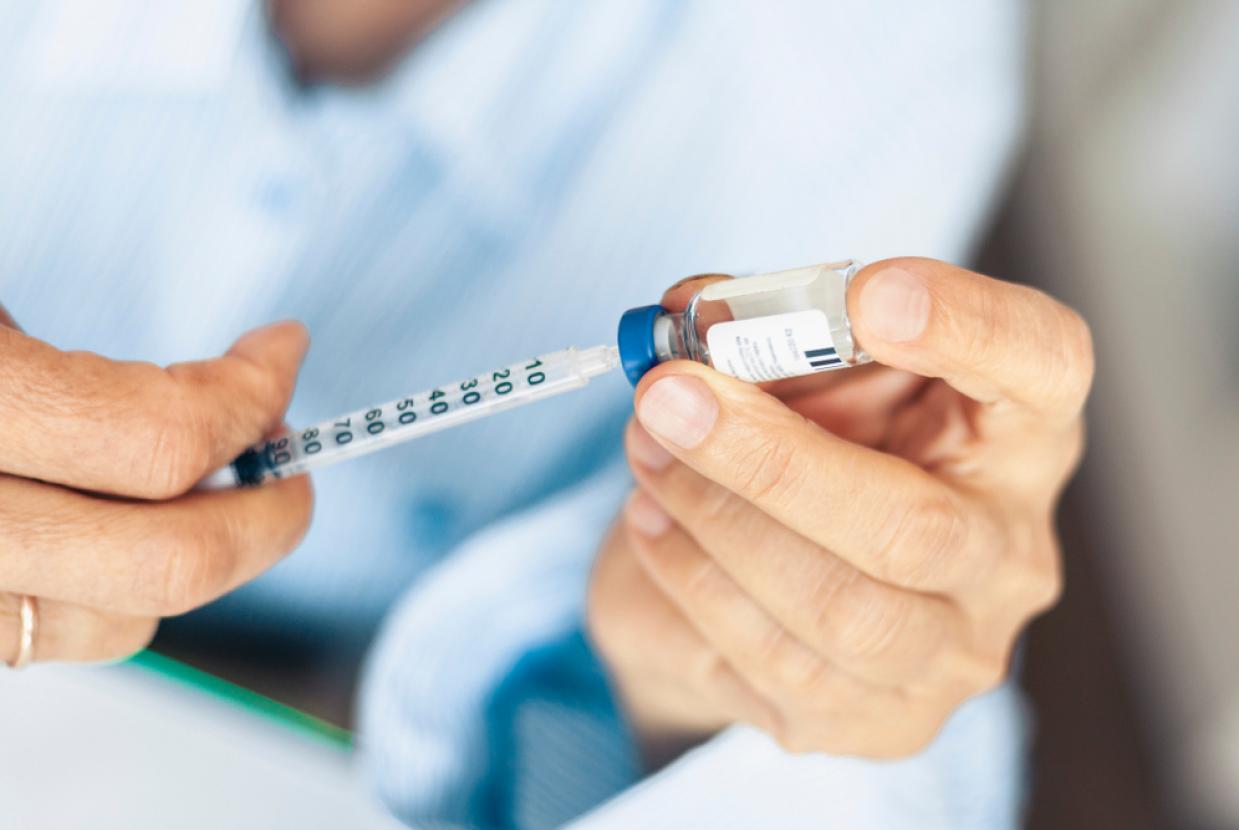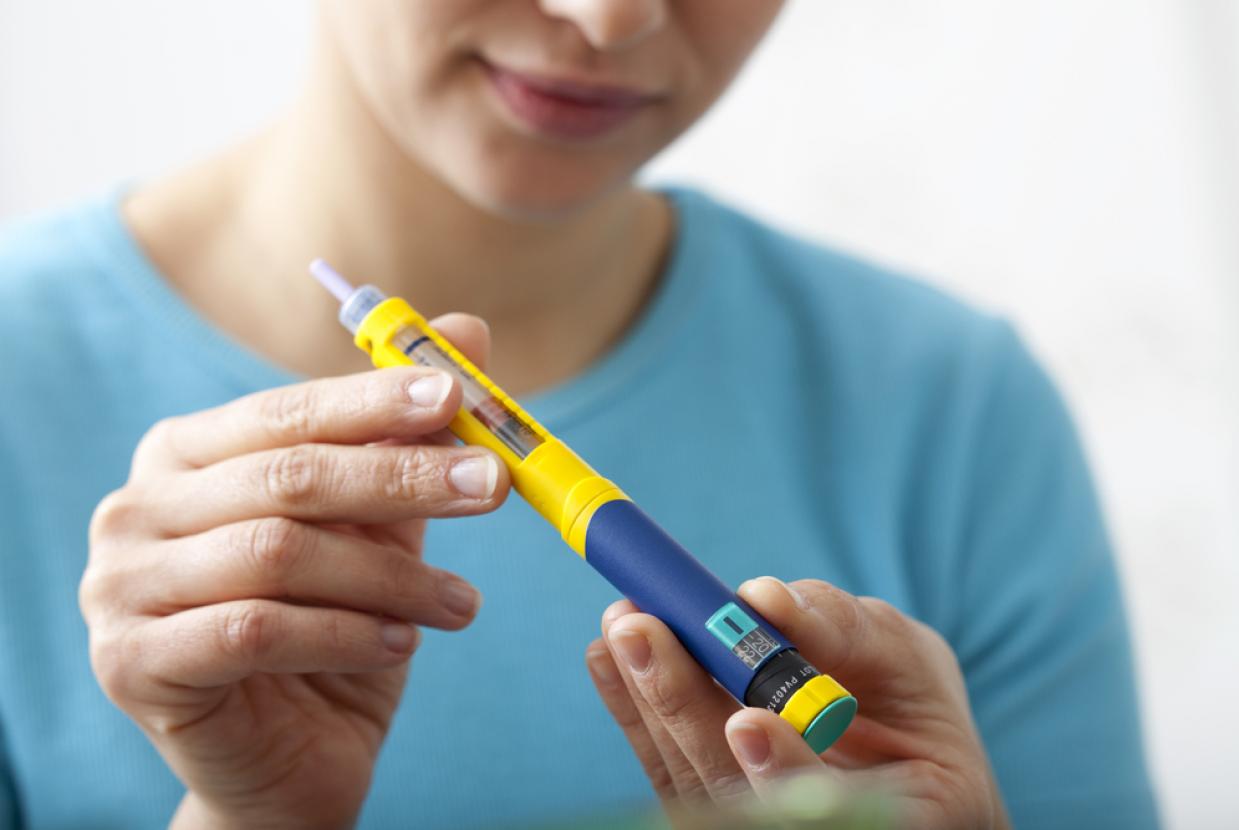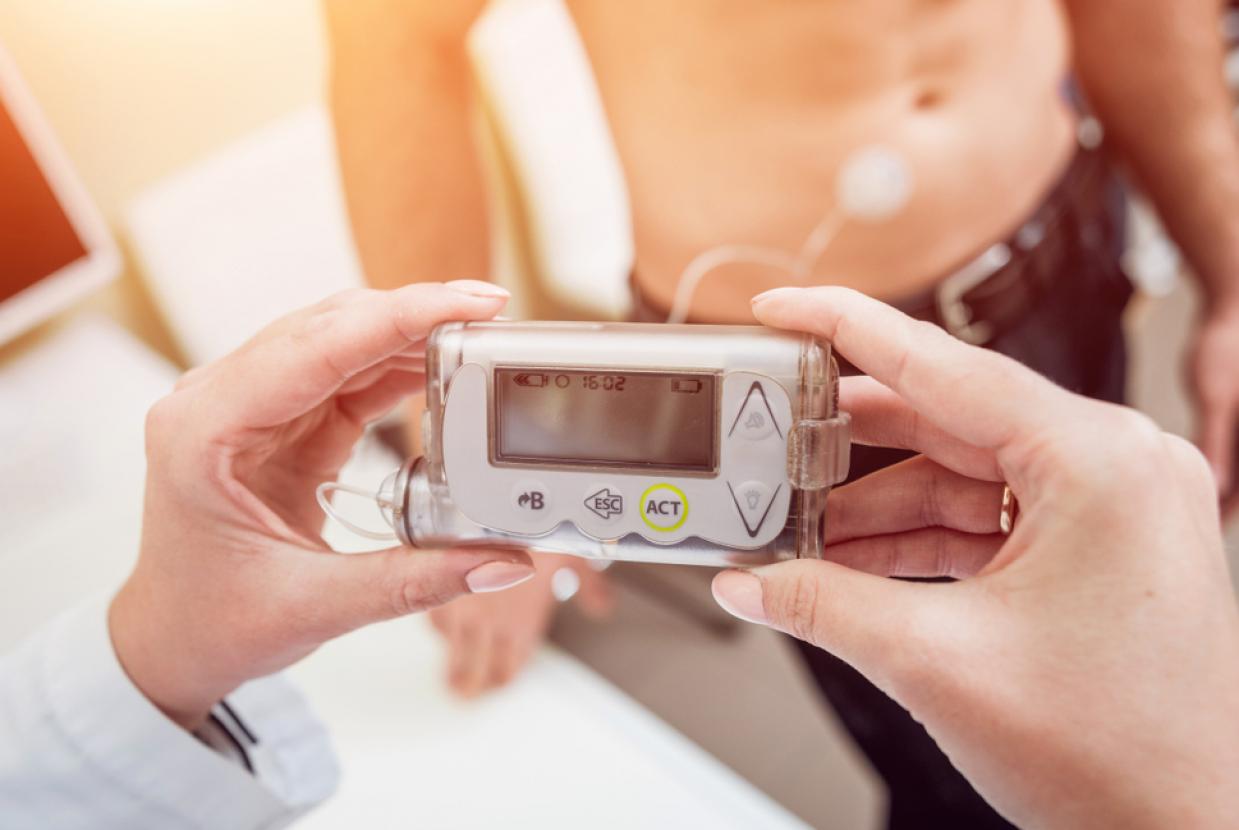Diabetes Risk Factors
About 90% of people with diabetes have type 2 diabetes. It can come on slowly, usually over the age of 40. The signs may not be obvious, or there may be no signs at all, therefore it might be up to 10 years before you find out you have it.
That’s why it’s very important to know the risk factors. You can find out your risk with our Know Your Risk tool or you may be eligible for a free NHS Health Check, so you can do something about it.
- Your risk increases with age. You’re more at risk if you’re white and over 40 or over 25 if you’re African-Caribbean, Black African, or South Asian
- You’re two to six times more likely to get type 2 diabetes if you have a parent, brother, sister or child with diabetes.
- Type 2 diabetes is two to four times more likely in people of South Asian descent and African-Caribbean or Black African descent.
- You’re more at risk if you’ve ever had high blood pressure.
- You’re more at risk of type 2 diabetes if you’re carrying extra weight, especially if this weight is around your middle.
Know Your Risk
You can find out your risk of type 2 diabetes now. It only takes a few minutes. It could be the most important thing you do today. Before you use the tool to find out your risk, you need to take a few measurements: your waist size, your height and your weight.
Other factors that can affect your risk of type 2 diabetes
Smoking
Smoking is associated with a higher risk of type 2 diabetes, and also increases the risk of other health conditions such as heart disease and cancer. There is a lot of support available if you are thinking about stopping smoking.
Gestational diabetes
Gestational diabetes is a type of diabetes that affects pregnant women, usually during the second or third trimester. If you have gestational diabetes it is important to have your blood glucose levels tested regularly after as you have an increased risk of developing type 2 diabetes. Arrange a blood glucose test at your six-week postnatal check and annually with your GP surgery.
Women can also hugely reduce their risk of developing gestational diabetes by managing their weight, eating healthily and keeping active.
If you are planning a pregnancy try this Planning for Pregnancy tool created by Tommy’s – a charity dedicated to making pregnancy safer. It'll help you learn what you need to know.
Heart attack or stroke
This is probably because type 2 diabetes and heart disease share common risk factors. Having a heart attack can cause damage that may increase risk of type 2 diabetes. Also, some people only find out they have type 2 diabetes after having a heart attack or stroke.
Polycystic Ovary Syndrome (PCOS)
Polycystic Ovary Syndrome PCOS is a condition that affects your ovaries. Ovaries are part of the female reproductive system that store and release eggs ready to be fertilised. Each egg develops in a small fluid filled swelling called a follicle before it is released by the ovary. In PCOS, several follicles can develop but none of these become an egg that can be fertilised. These follicles can become cysts.
Women who have PCOS are at an increased risk of developing type 2 diabetes. PCOS is associated with insulin resistance and therefore higher levels of insulin circulating in the blood.
Women with PCOS should be offered an oral glucose tolerance test on diagnosis, as recommended by NICE. If found to have impaired fasting glucose or impaired glucose tolerance, this test should be repeated annually.
Mental health conditions
Certain mental health conditions are also a risk factor for type 2 diabetes, these include:
- schizophrenia
- bipolar disorder
- depression
If you are receiving treatment with antipsychotic medication this can also increase your risk of type 2 diabetes, but the risk is quite low. It is important that you continue to take any prescribed medication as it will help to manage your condition. Talk to your GP or a member of your health care team if you are concerned about potential side effects.
Some of these medications can also cause you to gain weight, so taking steps to manage your weight is important and everyone can benefit from eating well and moving more.
Sedentary lifestyle
If you spend long periods of time sitting, (this does not include sleeping) this is known as a ‘sedentary’ lifestyle. Being sedentary is associated with an increased risk of type 2 diabetes.
It is important to remember that even if you do the recommended amount of exercise per week you can still have a sedentary lifestyle. This is because being sedentary is different to being physically inactive. Being ‘physically inactive’ means not doing enough physical activity. Being ‘sedentary’ means sitting or lying down for long periods.
Examples of a sedentary behaviours include:
- Working at a desk for long periods without standing up
- Sitting down while studying at school or home
- Sitting or lying down while watching television or playing video games.
- Sitting while driving a vehicle, or while travelling
You should try to break periods of sitting as often as possible, by doing some light activity such as walking.
Alcohol
Drinking too much alcohol is associated with an increased risk of type 2 diabetes. Current guidelines recommend not regularly drinking more than 14 units per week and that these units should be spread evenly over 3-4 days.
Drinking heavily on one or two days per week will also increase the risk of other health conditions such as certain types of cancer. Evidence seems to show drinking in moderation is associated with a lower risk of developing type 2 diabetes.
Sleep
If you have disturbed sleep this can be associated with an increased the risk of type 2 diabetes. Not getting enough sleep or sleeping for too long have been associated with an increased risk. Many things can affect how long and how well we sleep.









